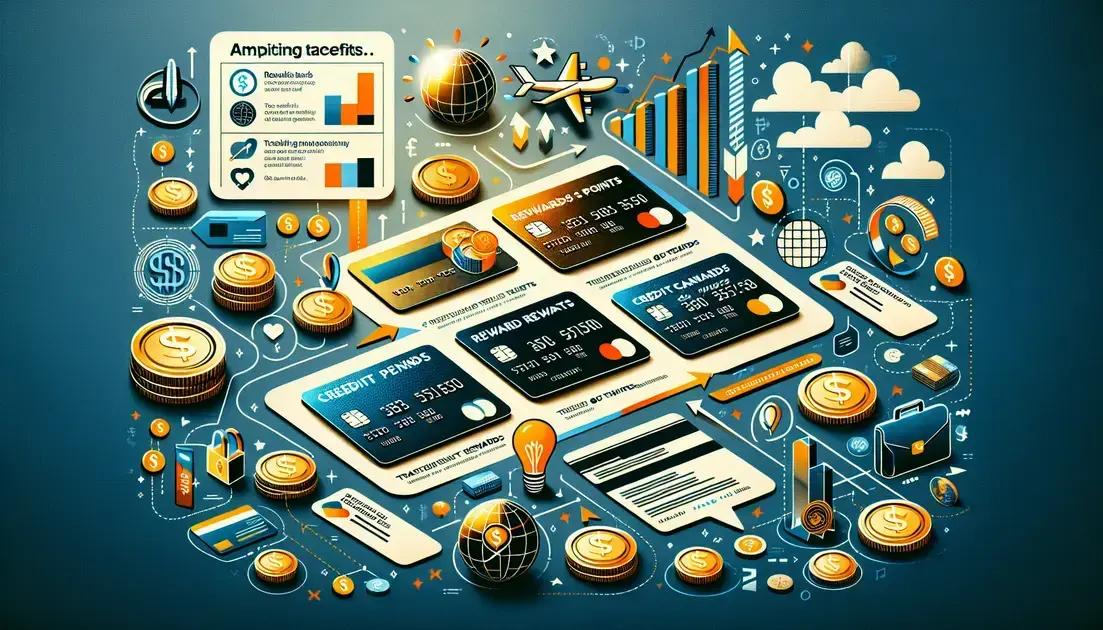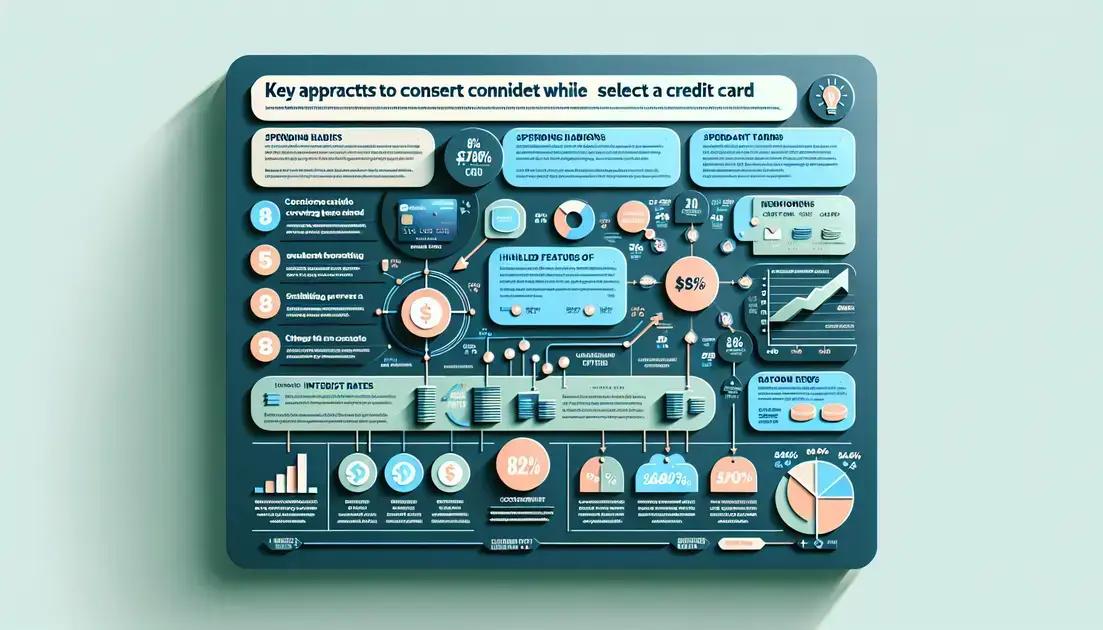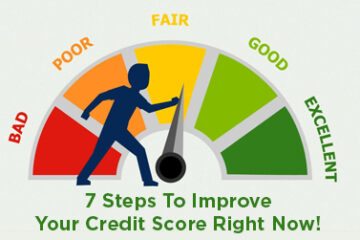Credit Card Hacks: Discover Tips to Maximize Your Rewards and Savings
Understanding Credit Cards is the first step toward mastering your financial tools. A credit card allows you to borrow money up to a certain limit to make purchases or withdraw cash. Each month, you’ll receive a bill that shows your balance and how much you owe. Paying this balance on time is crucial to avoid high-interest charges.
Types of Credit Cards
There are many different types of credit cards available. Some common ones include:
- Rewards Credit Cards: These cards offer points, cash back, or travel miles for every purchase you make.
- Low-Interest Credit Cards: These typically have lower interest rates, making them ideal for carrying a balance.
- Secured Credit Cards: Designed for those with poor credit, these require a cash deposit as collateral.
- Student Credit Cards: These cards are tailored for college students, often with lower credit limits and easier approval processes.
How Credit Cards Work
When you use a credit card, you’re essentially borrowing money. Each time you make a purchase, this amount is added to your total debt. You can pay this off monthly, or carry a balance, which will accrue interest. Knowing the terms is essential—you should be aware of your card’s interest rate, fees, and payment due dates.
Benefits of Using Credit Cards
Credit cards offer many advantages if used wisely:
- Convenience: They eliminate the need to carry cash.
- Fraud Protection: Most cards have mechanisms in place to protect against unauthorized transactions.
- Building Credit: Responsible use can help improve your credit score.
- Rewards and Perks: Many cards provide rewards, discounts, and other benefits.
Key Terms to Know
Familiarizing yourself with common credit card terms is important for effective management. Here are a few essential terms:
- APR: Annual Percentage Rate; the cost of borrowing money on your card.
- Minimum Payment: The smallest amount you can pay to keep your account in good standing.
- Credit Limit: The maximum amount you are allowed to charge on your card.
- Grace Period: The time frame you have to pay your balance without incurring interest.
Maximizing Rewards with Credit Cards

Maximizing your rewards with credit cards involves understanding how to earn and redeem benefits effectively. Here are some proven strategies to get the most out of your credit card rewards.
Choose the Right Card for Your Spending Habits
To maximize rewards, select a credit card that aligns with your spending patterns. For example, if you frequently travel, consider a card that offers travel rewards. If you spend a lot on groceries, look for cards that provide cash back or points for supermarket purchases.
Utilize Sign-Up Bonuses
Many credit cards offer attractive sign-up bonuses. By meeting the required spending limit within the first few months, you can earn significant rewards. Always check the terms and conditions to understand the requirements before applying.
Combine Cards for Greater Rewards
Using multiple credit cards can optimize your rewards. Some cards earn better rewards in specific categories, so strategically using these cards can significantly increase your overall rewards. Just make sure to manage your payments to avoid debt.
Pay Your Balance in Full
To truly benefit from credit card rewards, it’s essential to pay off your balance in full each month. Carrying a balance means you’ll incur interest, which can outweigh the rewards you earn. Focus on being responsible with your spending and payments.
Take Advantage of Reward Redemption Options
Knowing how to redeem your rewards can greatly enhance their value. Some cards allow you to redeem points for travel, gift cards, or cash back. Always compare the redemption values to maximize your benefits. Look for opportunities to use your rewards during sales or promotions for even greater value.
Tips for Responsible Credit Card Use
Using credit cards responsibly is key to maintaining your financial health. Here are some useful tips to ensure you manage your credit card wisely.
Set a Budget
Creating a monthly budget is essential to manage your spending. Determine how much you can afford to spend on your credit card without exceeding your means. Stick to your budget to avoid accumulating debt.
Make Payments on Time
Always pay your credit card bills on time to avoid late fees and interest charges. Setting up automated payments or reminders can help ensure you never miss a due date.
Monitor Your Account Regularly
Keep an eye on your credit card statements and transactions. Regularly checking your account helps you spot any unauthorized charges and understand your spending habits better.
Limit Credit Card Applications
Applying for too many credit cards in a short time can hurt your credit score. Only apply for new cards when necessary and do thorough research before making a decision.
Understand Interest Rates and Fees
Be aware of your credit card’s interest rates, annual fees, and other charges. Understanding these factors can help you use your card more effectively and avoid unnecessary costs.
Use Your Card for Purchases You Can Afford
Avoid using your credit card for purchases beyond your budget. If you can’t pay it off right away, consider whether it’s a wise purchase. Responsible use means spending only what you can afford to pay back.
How to Choose the Right Credit Card for You

Choosing the right credit card can significantly impact your financial well-being. Here are some important tips to help you find the perfect card for your needs.
Assess Your Spending Habits
Before selecting a credit card, evaluate your spending habits. Do you spend more on groceries, travel, or gas? Identifying where you spend the most can help you find a card that offers the best rewards in those categories.
Compare Card Features
Not all credit cards are created equal. Compare features like rewards programs, interest rates, and annual fees. Look for cards with benefits that match your lifestyle and avoid those with high fees for services you won’t use.
Consider Your Credit Score
Your credit score plays a significant role in card approval and interest rates. Before applying, check your credit score and choose a card that fits well within your credit profile. This will help you get approved and secure lower rates.
Review Interest Rates and Fees
Pay close attention to the Annual Percentage Rate (APR) and any additional fees, such as foreign transaction fees, cash advance fees, or late payment penalties. Select a card with competitive rates and fees that aligns with your usage.
Look for Sign-Up Bonuses
Many credit cards offer attractive sign-up bonuses if you meet a specific spending requirement in the first few months. Consider these offers, as they can provide significant value and rewards right from the start.
Read Customer Reviews
Research customer reviews and ratings for the credit cards you are considering. User experiences can give you insights into the card’s service quality, rewards redemption process, and customer support, which are crucial for your satisfaction.
In Summary: Mastering Credit Card Use
Understanding and utilizing credit cards effectively can greatly enhance your financial health. By mastering the basics, maximizing rewards, using your card responsibly, and selecting the right card for your needs, you can make the most of this financial tool.
Always keep track of your spending, stay informed about the terms of your credit card, and pay attention to your credit score. With these strategies in mind, you can enjoy the benefits that credit cards provide while staying within your financial limits.
Remember, responsible management of your credit card can lead to significant rewards and savings, setting you on the path to better financial well-being.




